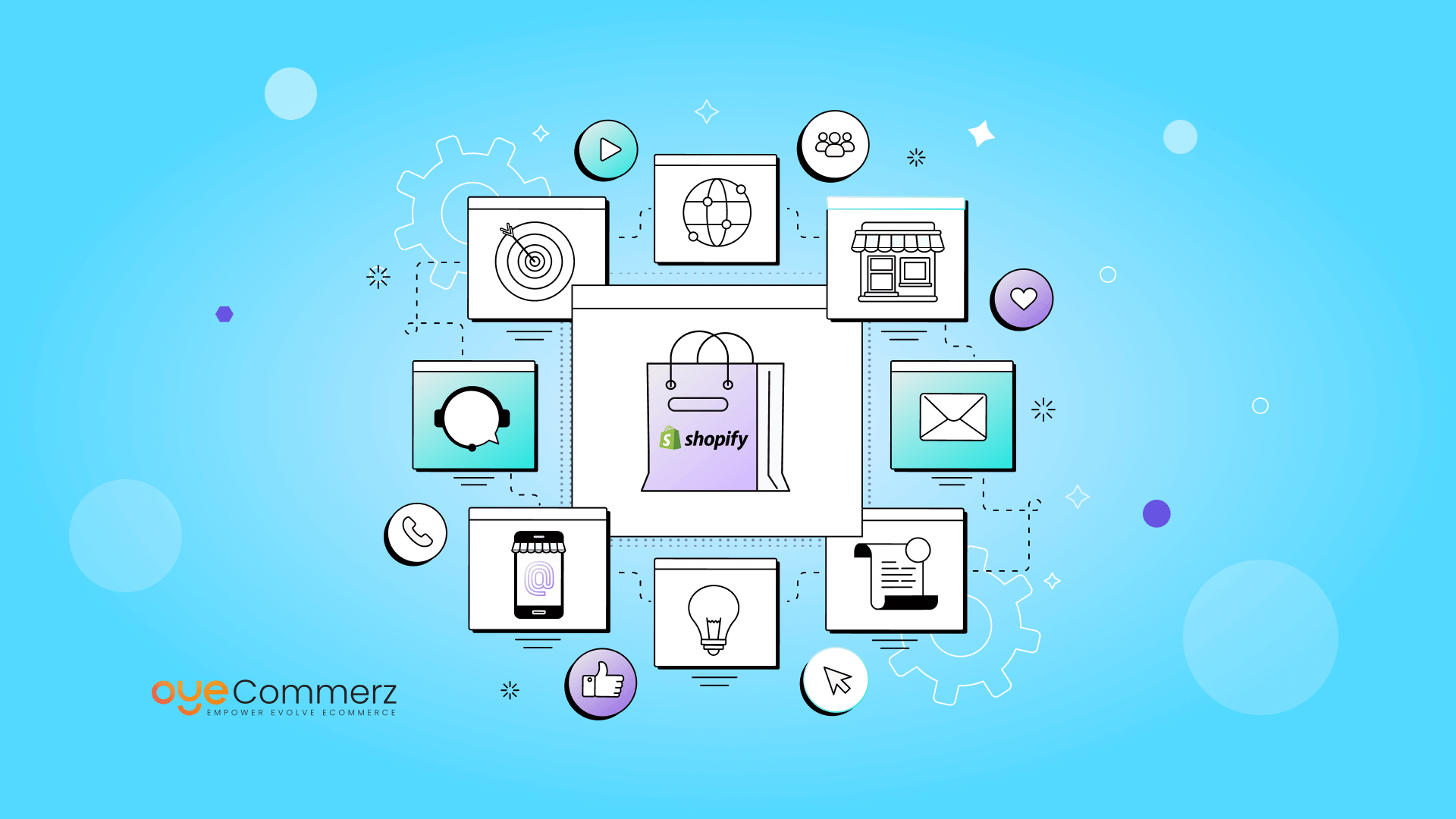Introduction
In today’s cutthroat e-commerce landscape, differentiating is essential, and a top method to set apart a Shopify store is through custom app creation. A well-built Shopify app can boost store functionality, simplify processes, and boost customer engagement. This guide delves into essential elements of Shopify app development, covering API integration and app ecosystem to scaling strategies and digital marketing approaches, providing a roadmap for companies looking for unmatched store efficiency.
Why Shopify API Integration Matters
Shopify’s API offers robust tools to personalize and expand store functionalities. With GraphQL and REST APIs, developers can retrieve information to build applications that handle inventory management, order processing, and customer information management seamlessly. Using Shopify’s API can lead to better workflow automation and enables stores to serve customers more efficiently.
Utilizing the Polaris Design System
Shopify’s Polaris is Shopify's design system for designing intuitive and easy-to-use Shopify apps. By following Polaris principles, developers ensure that apps integrate smoothly within the Shopify Admin interface. This provides a cohesive look and feel that resonates with Shopify merchants, promoting usability and comfort for merchants using your custom app.
Understanding the Shopify App Ecosystem
The Shopify app ecosystem provides numerous opportunities for enhancing e-commerce sites. From managing fulfillment processes to increasing customer interaction, apps in this environment are tailored to meet diverse business requirements. Familiarizing with this system helps developers in finding unique app opportunities and allows for smooth connections of third-party services that add value to the store.
Building Embedded Shopify Apps
Embedded apps work seamlessly within the Shopify Admin, providing a smooth interface for merchants. They ensure that merchants don’t have to leave their Shopify control panel, simplifying their process. Using Shopify App Bridge and embedded app capabilities is a best practice for offering a unified, well-integrated user environment.
Leveraging Node.js and React for Shopify Development
Node.js and React have become top options for Shopify app development. This server-side framework enables efficient back-end services, while React enables Learn more about Shopify apps interactive Shopify API integration and adaptive front-end design. Combined, they offer an excellent framework for creating speedy, growth-ready Shopify apps that improve store functionality and customer interaction.
Webhooks in Shopify Apps
Webhooks enable instant data updates between Shopify and an outside application. They initiate events such as order creation or stock changes and send instant notifications to your app. By utilizing webhooks, apps can provide up-to-date information to store owners, simplifying processes and increasing productivity.
Engaging Customers Through Digital Marketing for Shopify Apps
To make a Shopify app successful, engaging customers is crucial. Utilizing online marketing techniques like SEO, email marketing, and social media campaigns can increase app usage. Additionally, creating applications with customer engagement in mind (e.g., loyalty programs or personalized suggestions) increases user retention and satisfaction.
Scaling Your Shopify App
As e-commerce stores expand, so do their technology requirements. Ensuring that your app can scale to handle increased traffic, larger databases, and more advanced functionalities is critical. By optimizing server capacity and using scalable technologies, you can develop apps that grow in tandem with a store’s success.
Important Features and Maintenance Tips for Shopify Apps
For an app to be effective, it should offer key capabilities like user login, dashboard analytics, and support channels. Regular app upkeep, including updates to fix bugs and compatibility checks with new Shopify functionalities, is vital to maintain uninterrupted performance and prevent disruptions to merchant workflows.
Conclusion
Custom Shopify app development holds vast potential for e-commerce stores, providing the chance to improve performance, simplify operations, and build customer relationships. From integrating APIs to ensuring scalability and customer interaction, building a Shopify app involves careful planning and strategic execution. If you’re ready to unlock your store’s full potential, a tailored Shopify application may be the ideal choice. What features do you envision for your dream application? Share your ideas and begin the journey to an enhanced e-commerce journey!

Comments on “Empower Your E-commerce: Custom Shopify App Development for Unmatched Store Performance”